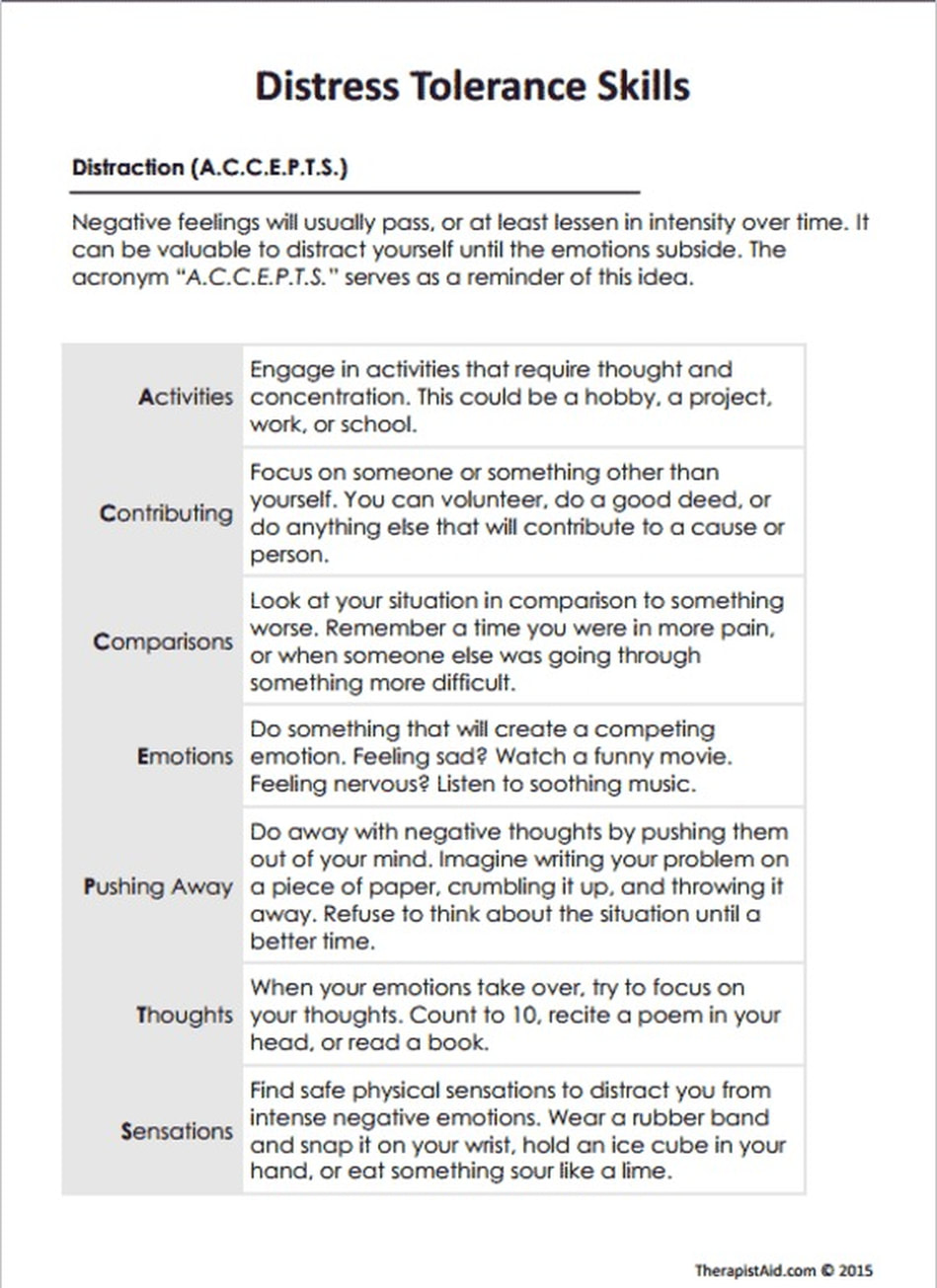Evaluation of behavioural skills training for teaching abduction-prevention skills to young children. Journal of Applied Behavior Analysis, 38, 67-78. Miles, N.I., & Wilder, D.A. The effects of behavioral skills training on caregiver implementation of guided compliance. Journal of Applied Behavior Analysis, 42(2), 405-410. Introduction to DBT (Dialectical Behavioral Therapy). Including: Definition, Stages and Goals, Overview, and an explanation of dialectical thinking.
Dialectical Behavior Therapy Skills Handbook Fulton State Hospital January, 2004 Adapted for use from Linehan, M.M. Skills Training Manual for Treating Borderline Personality Disorder. Behavioural Training. Behavioural Training is an extremely important element of all corporate training programs for companies as globally it is recognized in inculcating the right attitude in their employees. 'If you want to change attitudes, start with a change in behaviour', says Dr. William Glasser who is the great psychiatrist from the US.

121 Cleveland Ave SW
Canton, OH 44702
USA


Who should attend: Open.
About this event: The purpose of this workshop is to train participants in the core competencies of the Transition to Independence Process (TIP) model that prepares and supports youth and young adults with EBD in their movement into employment, educational opportunities, living situation, personal effectiveness/wellbeing, and community-life functioning. Behavioral rehearsal of practice strategies will be used to enhance the competencies of participants and examples from community sites will be used. The audience participants will be given a TIP Training Manual and will be involved through questions and discussion as it relates to their TIP core competency development and implementation needs.
Location – StarkMHAR; Inclusion Room: 121 Cleveland Avenue SW, Canton, OH 44702.
Tipp Options Dialectical Behavioral Training Certification
Cost – This is a free training. Parking is $7.00 per day.
Tipp Optionsdialectical Behavioral Training Relias
Education credits – 18.0 CEUs Offered.
Limited space register by August 12, 2019.

StarkMHAR has been approved a provider of CEUs by the Ohio Counselor, Social Worker & Marriage and Family Therapist Board and by the Ohio Chemical Dependency Professionals Board. CEUs have been approved for this conference per 50-17839.
Quick Links
Site design by Blackbaud
Dialectical Behavior Therapy (DBT) focuses on teaching patients and families several strategies to help tolerate painful emotions and to manage difficult situations in the best way possible. We all face situations that are out of our control, that are difficult to tolerate, and that cause us to feel emotionally out of control. TIPP skills are made for just these types of situations and aim to help you regulate your emotions so that you are better able to think clearly and problem solve.
T stands for Tip The Temperature: In order to calm down quickly, try holding your breath and putting your face in a bowl of cold water or holding a cold pack on your eyes and cheeks for at least 30 seconds. This will cue your mammalian diving reflex which is a natural reflex that occurs in all mammals and is triggered in humans when our faces are submerged in cold water. The reflex causes our body chemistry to change—heart rate drops down immediately and the parasympathetic nervous system is activated to prompt a relaxation response. Make sure to keep water above 50 degrees Fahrenheit
Tipp Options Dialectical Behavioral Training Techniques
I stands for Intense Exercise: Try to engage in intensive exercise, even if it’s only for a short amount of time. Exercising intensely will help your body get rid of negative energy that can sometimes be stored from strong emotions. Get rid of this energy by running, walking at a fast pace, doing jumping jacks, etc. Exercise naturally releases endorphins which will help combat any negative emotions like anger, anxiety, or sadness.
Tipp Options Dialectical Behavioral Training Seminars
P stands for Paced Breathing: Another way to cue your parasympathetic nervous system is to breathe deeply into your stomach. Try to slow down the pace of your inhales and exhales (on average, five to six breaths per minute). It helps if you try to breathe out more slowly than you breathe in.
The last P in TIPP stands for Paired Muscle Relaxation: It can help if you add muscle relaxation to paced breathing. While breathing deeply and slowly, deeply tense each of your body muscles one by one. Notice this tension and then breathe out and let go of the tension by completely relaxing your muscles. Pay attention to the difference in your body as you tense and let go of each muscle group.

Dialectical Behavioral Therapy
The TIPP skills may not work immediately, but with practice they can help to build up your ability to regulate strong emotions, manage difficult situations, and generally feel better. It can take some practice and in many cases it helps to work with a DBT therapist to ensure that you are engaging in the skills correctly. Part of DBT can include sessions to focus on breathing exercises and progressive muscle relaxation to help gain mastery of the skills.